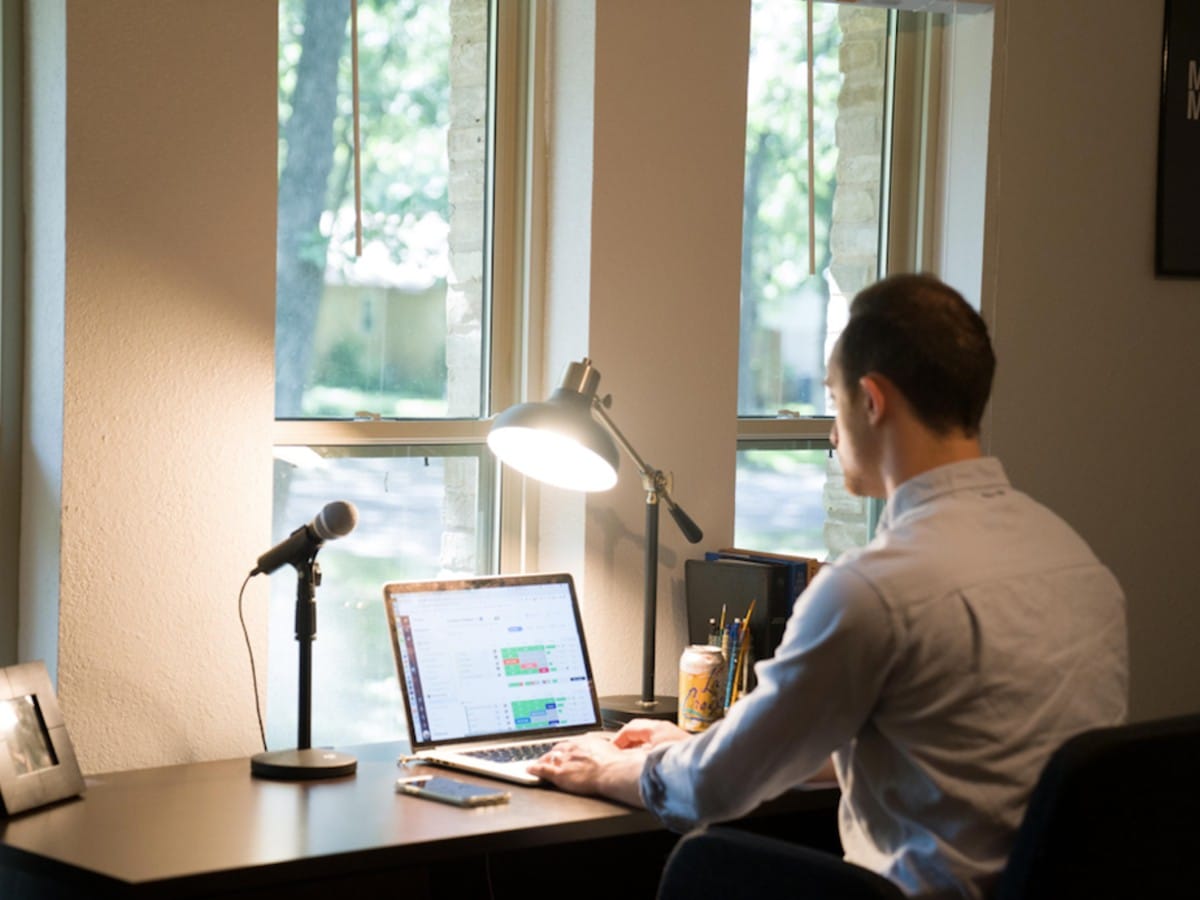
Source: © Unsplash.com
Annual surveys show how domestic Japanese life has changed during the pandemic
- Tags:
- pandemic / Stay at home / Survey / telework
Related Article
-

With Japan’s new CBD beer, CBD also stands for “Corona Break Days”
-

Studio Ghibli, anime, and video game wallpapers released for free as video chat backgrounds
-

Japan’s secret base privacy tent gives you an infinite loop of laziness
-

The Sage’s Grandson, One Punch Man, Kimetsu no Yaiba Lead Top Anime of Spring 2019 in dAnime Store’s Survey of 100,000+
-

Kyary Pamyu Pamyu collaborates with hard hit local businesses to kick off 10th anniversary tour
-

Join the fight against coronavirus with this Amabie camera effect


The pandemic has thrown everyone’s home life upside. The number of remote workers increased during the COVID-19 outbreak. On the other hand, parents and overwhelmed housewives have been forced to keep cooped up children occupied while preventing them from tearing down the house.
Fortunately, recent surveys have shed light on how these lifestyle changes are affecting relationships and family dynamics.
Many housewives feel annoyed
SheepDog Inc. conducted a questionnaire on the true feelings of Japanese housewives whose husbands were forced to work from home during the pandemic. Accordingly, 42.44% of wives in their 40s and 25.58% in their 20s answered that their remote-working husbands were "annoying."
Twitter users understand this, some even corroborating the finding themselves:
“I want my husband to go to work normally because he has been working from home for more than a year. I'm surprised that many women claim they want their husbands to work from home. I wonder if those people have supportive husbands.”
Question 1. How do you feel about your husband spending more time at home?
In this survey, more than 40% of respondents answered neutrally. However, more than 30% of married women felt negatively after their husbands shifted to working from home. This transition resulted in an increased burden of housework for homemakers while paradoxically limiting the amount of time they could perform it.
Question 2-1. Has there been any change in the frequency of communication with husbands remote working?
The most common answers were "no change" (57%) and "increased" (36.25%). Husbands in most households began working from home during the pandemic, and the amount of conversation and communication did not change.
Question 2-2. Has there been any change in the frequency of fights with partners working remotely?
5.9% answered that quarrels had decreased, 27.7% answered they "had increased." Nevertheless, the most common answer was that there was no change.
Question 2-3. Has there been any change in the frequency of romantic contact?
8% answered that "romantic contact with her husband had decreased," 17% responded that "it has increased," and 75% answered "no change.”
Pressures from parenting
In a similar vein, parenting website "Oyako no Kufū", operated by Kurashi ni Kufū Co., Ltd., recently conducted a questionnaire involving 313 Japanese households with children aged three to six. The survey focused on "changes in the home due to the influence of COVID-19." Surprising to no one, there were a few eye-popping results captured in the data.
The survey framed questions and responses in terms of activities that had increased and decreased during the pandemic and the associated lockdown. For better or worse, some obvious candidate behaviors became more common during the outbreak:
Naturally, the list is far from short, and it potentially represents the source of more than a few headaches for those managing a household of young people. Adding to the pressure, a number of positive behaviors had also reportedly decreased:
Writers of the survey suggested that conditions surrounding the pandemic made travel difficult during holidays. Interactions with grandparents—and even fathers in some cases—thereby suffered as extended families couldn't meet. Unsurprisingly, the amount of housework increased, and private time decreased. In Japan, this marks a significant burden placed on mothers and homemakers.
Editor’s opinion
This survey is conducted annually by the website, and it’s only natural to compare the extreme results to previous years. Yuko Kusafuka, editor-in-chief of "Oyako no Kufū," noted, "I have definitely spent more time at home over the past year. From the age of three, children develop socially, often by playing and making relationships with friends. It concerns parents that social interactions have decreased for this age group during the pandemic during this sensitive time of development."
She continued, “Children also need time to unwind, which they often accomplish by playing outside. Yet, during the pandemic, I recommend indoor physical activities beneficial for children that they can do at home."